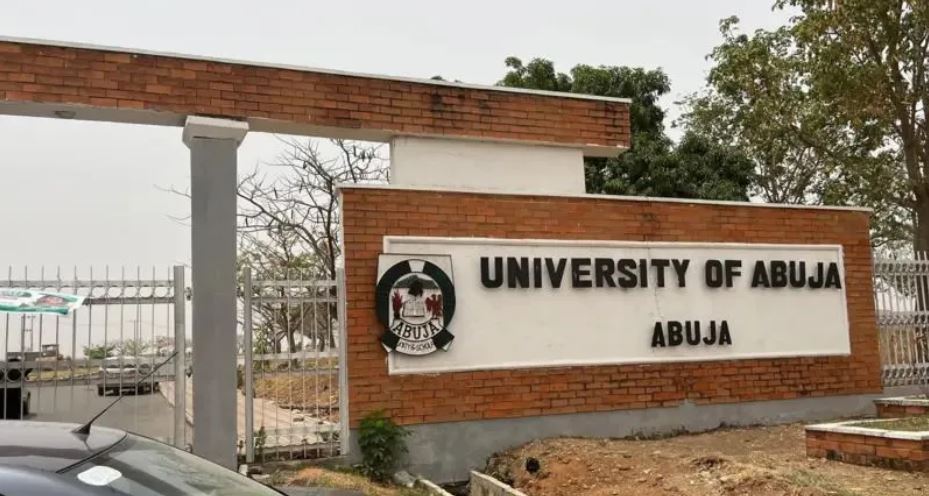

Lecturers at public universities in Nigeria have begun a two-week strike over pay and funding.
The industrial action comes just weeks after universities resumed for a new academic year.
Announcing the decision, the leader of the Academic Staff Union of Universities (Asuu), Professor Chris Piwuna, described the decision as "inevitable" due to what he said was government failures.
The government has urged lecturers to reconsider the strike, stressing that constructive dialogue remains the best way to resolve the crisis.
The government added that striking lecturers can expect not to be paid under the country's "No Work, No Pay" labour law.
In a statement, it said it had made a comprehensive offer to the union addressing key issues such as working conditions, institutional governance and staff welfare.
The government added that it was still awaiting ASUU's official response.
Nigeria's university lecturers have a long history of industrial action over issues of funding, salaries, and welfare.
ASUU's disputes with successive governments date back to the 1980s.
Agreements reached in 1992, 2009 and 2013 have often gone unfulfilled, prompting repeated strikes.
The last major one in 2022 lasted for eight months, disrupting the academic calendar and affecting millions of students nationwide.
It took an industrial court to stop the strike and force the teachers to go back to the classrooms.
Observers say these recurring strikes reflect deeper structural challenges in Nigeria's higher education sector - including chronic underfunding, politicised management and a persistent lack of trust between the government and university unions.














